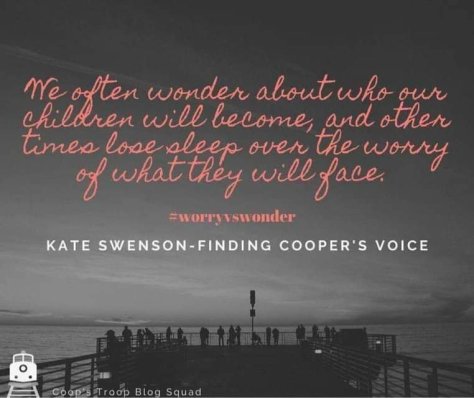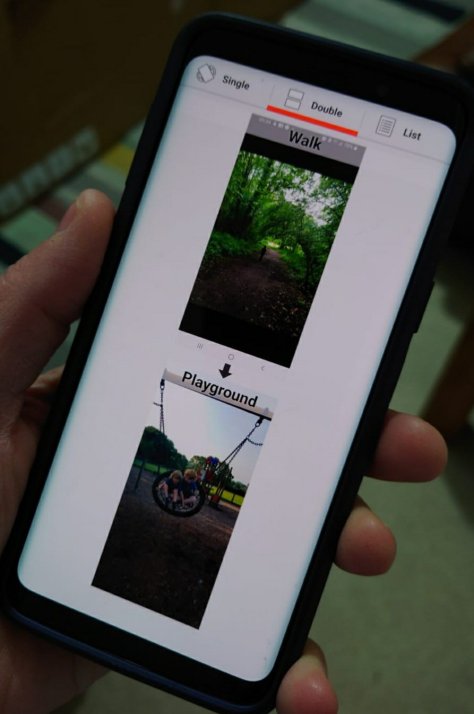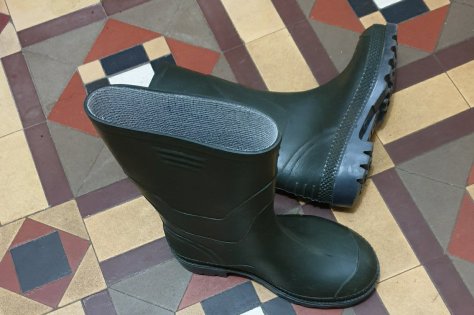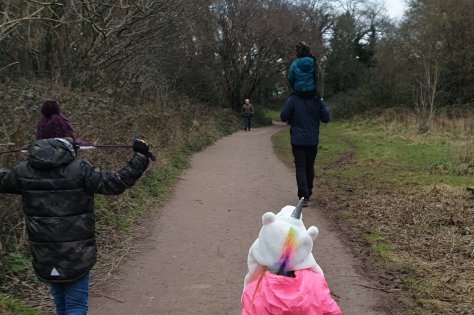The tears ran down my face. They came from a place of hurt and stress and uncertainty. The result of the feeling of nothingness. A sense of loss. The loss of the life I thought I was going to have. A vision where me, my husband and three kids, would go on crazy day trips together, create memories and do the things that every other family did.
My life expectations had been pull out from beneath me. They had been wiped out of my life plan, my vision for the future. My son had received his diagnosis. A diagnosis, that although would never change who he was, it would change the way I thought our life would be.
I started to ask myself questions.
I started to worry.
The worry was for every day things. The stuff other families just did without thought, but for us would take the planning of a board of directors.

The worry about his education, how he would learn to write, to read and to add up numbers. I worried about his future and whether he would get through high school, and then what? What would he be capable after that? Would we choose mainstream or a special unit? I worried what that all meant!
I worried about small things that were actually such big things.
I worried about small things that were actually such big things. Like whether he would ever form friendships or have a friend. What about the traditional marriage and two point four children? He currently wasn’t socialising, or able to talk or integrate or follow instructions. How would he ever have a friend? Would he be alone and not feel that bond with someone? Would he ever experience the fun, naughty and exciting things that friendships guarentee?
I wanted him to come home and tell me about his day, about what he had done, and where he had gone. But he couldn’t. He was pre-verbal, not a sound to convey or even the ability to converse in any other way to tell me about his daily adventures. I worried that he had been sad, or bullied, or alone, or even had an amazing day. I never knew. My son just stood with a blank stare, and not a word muttered, not a sound exchanged.
I worried about where we could go or how a situation would play out. Often outings were filled with stress, with meltdowns, with stares from strangers who tutted and wrote it off as bad parenting. I lost my excitement due to the worry that things would just crash and fall apart. What reason was there to get excited in what was doomed to fail?
I worried for my other children who had to take this challenge on their own shoulders. Who had to be on the sidelines missing out on things which should be guarenteed as part of their childhood. I worried about how they felt when their brother was in a state of inconsolable distress, and their feelings ignored while my focus was fundamentally on controlling the more intense, urgent situation on the floor in front of me.
I knew we needed to change. I couldnt continue with the worry, the uncertainty of my son’s future.
So we changed.
We shifted our mindset, realising that the future could only be influenced by what we could influence today.
We started to disect every situation, and analyse every step. Me and my family worked together. We striped out the worry through factual analysis and plan execution.
And with that change we started to move forward.
I realised that the only way I could change the future was by shifting my perspective. As I looked down at my big blue eyed boy, with his long blonde surfer locks, I saw a child with purpose. A child who was happy and content and determined to do what he was interested in.
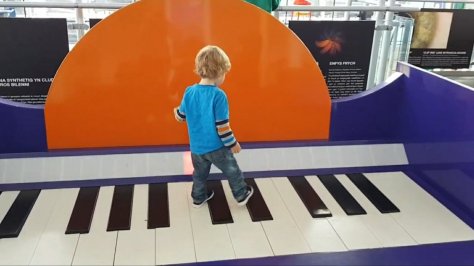
He didn’t care about the stares or the fact he only ate pizza every single night for dinner. He did however care for me. His cuddles and snuggles into me when he was scared, his laughter when I tickled his belly, and his smile when I threw him in the air. He wasn’t worried for the future, he was happy in the present.
I had to change myself, and not keep looking for ways to change my son.
I had to change myself, and not keep looking for ways to change my son.
I started to focus on what he wanted, what that day held, and how we could overcome the challenges which were present in the present.
As soon as I changed my perspective, and as soon as I stopped and watched my little boy, I saw his quirks, his strengths, his warmth and personality. We worked on strategies, which improved his engagement, and over time finally lead to speach. We changed his school to one that met his needs, something I worried about constantly before, where I had worried about what others would think, what others would say.
I turned away from the stares, the comments, the harshness, and looked through the eyes of my child.
I stopped worrying.
I started to wonder.
Through all the changes and development, my boy started to smash down the barriers. He started to meet milestones. Not the milestones in the published parenting books, but the milestones we had set for ourselves as a family. The ability to leave the house, the understanding of where we were going, the engagement between ourselves and our children. My son started to prove the world wrong.
I stopped, and I wondered.
I wondered what the future now held for my son. It was not a worry, it was a wonder of what other successes were on the horizon. What new experiences we would create and enjoy.
It was not a worry, it was a wonder.
Our lives were different now. But that didn’t mean they were worse. Just different.
The tears fall less frequently now, there are more smiles and moments of laughter, as I wonder what tomorrow has in store.
Change your perspective. Don’t worry about a future you know nothing about. Focus on the present and instead of worrying you can start to wonder.
#worryvswonder #fcvblogsquad
